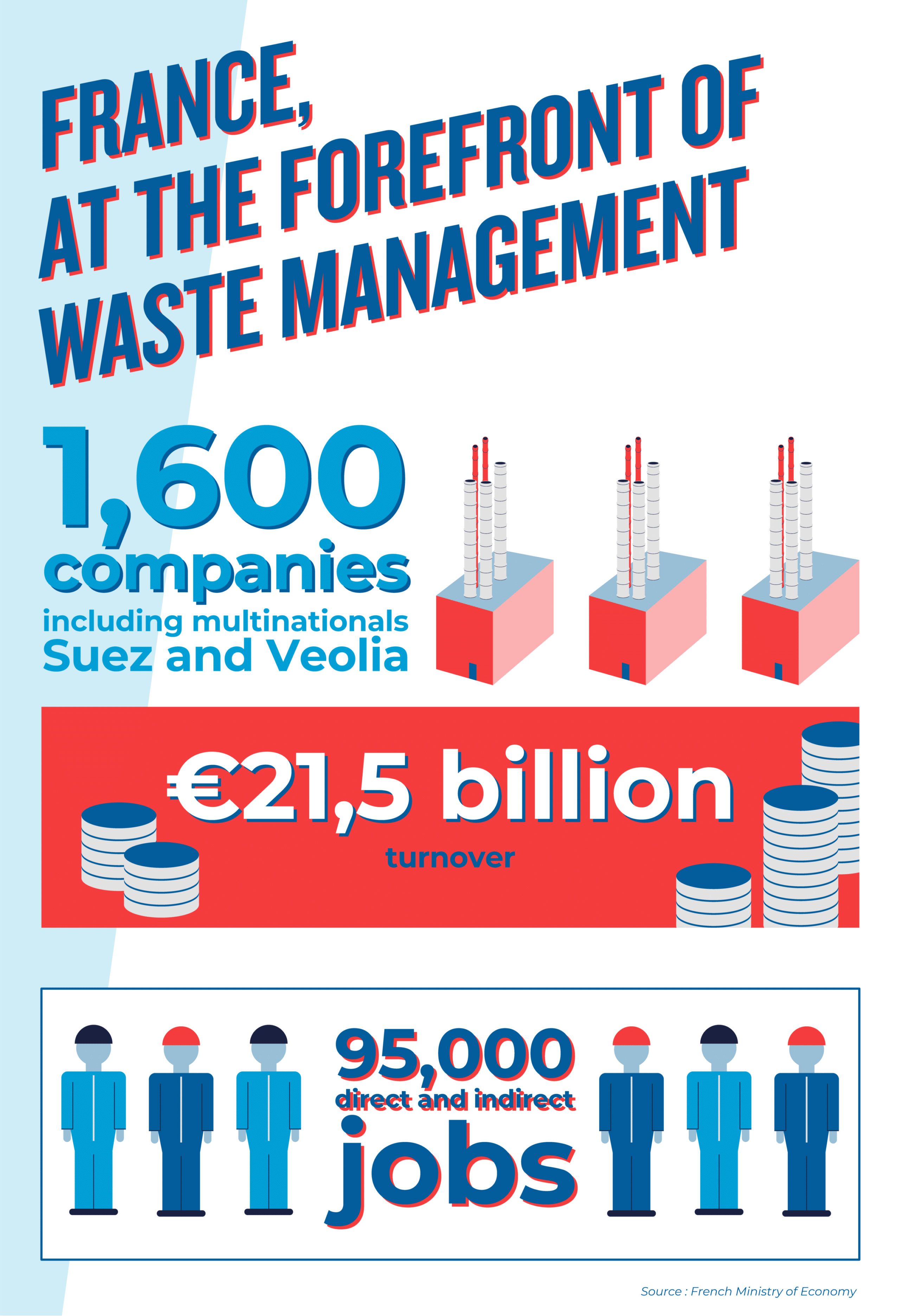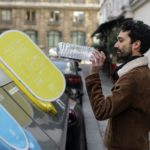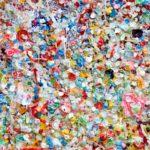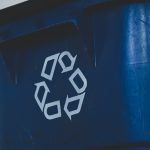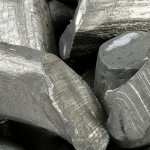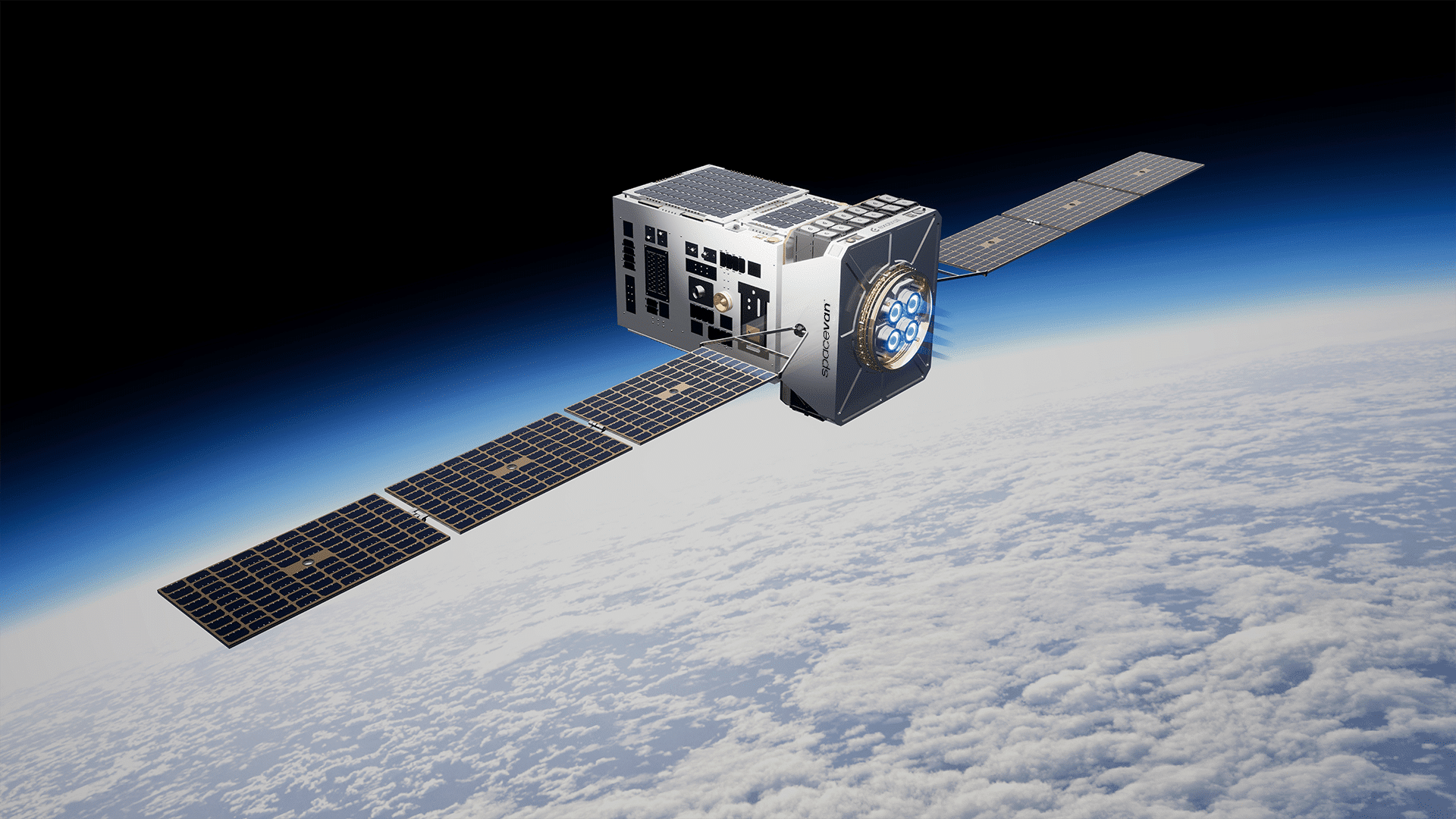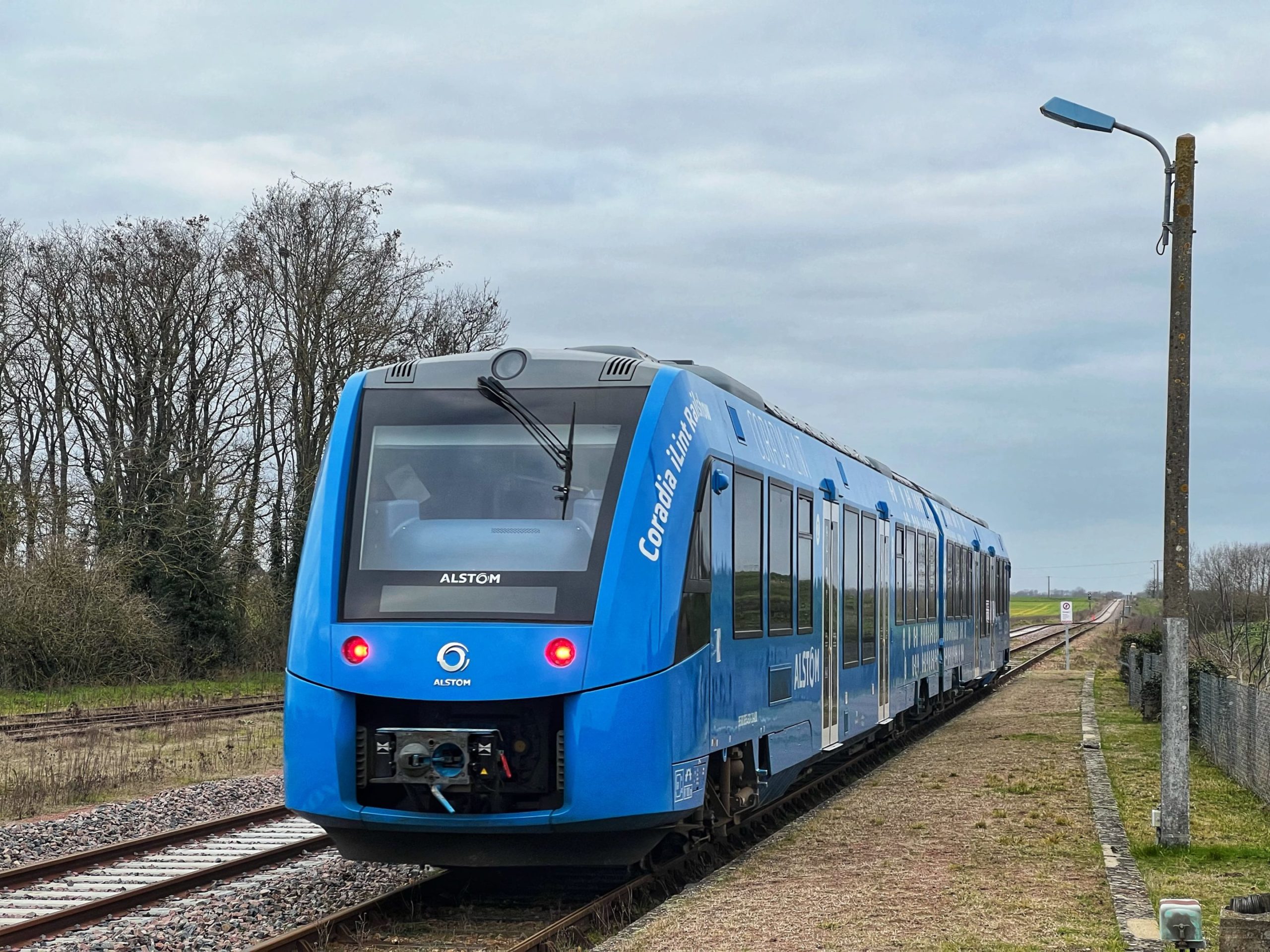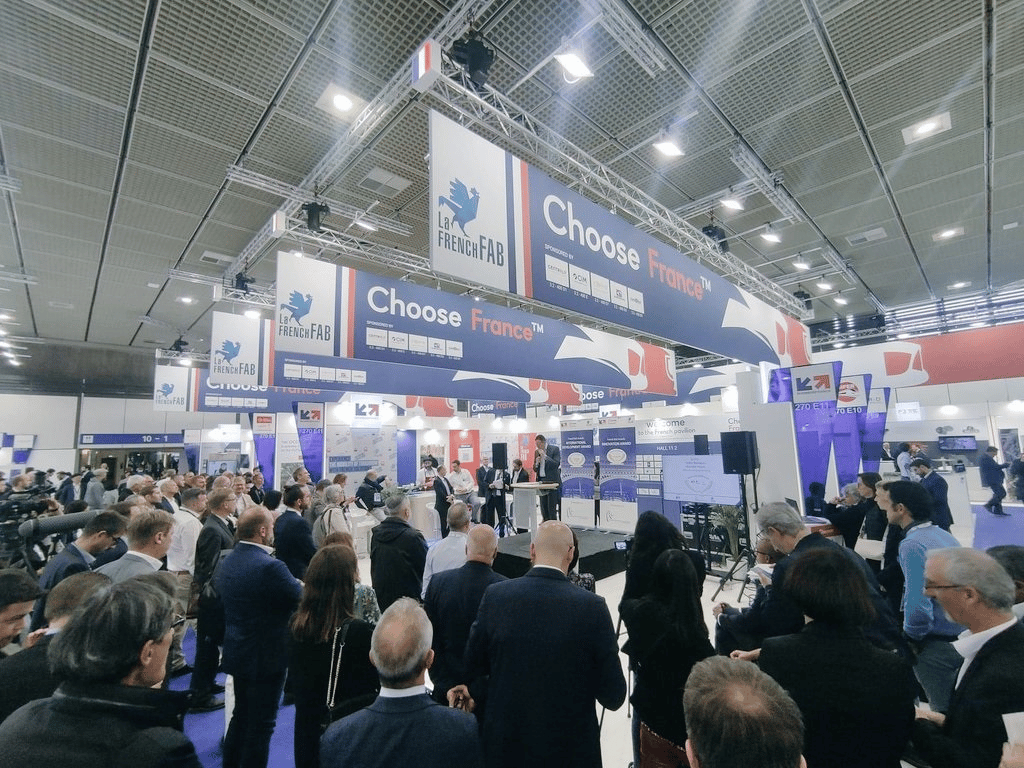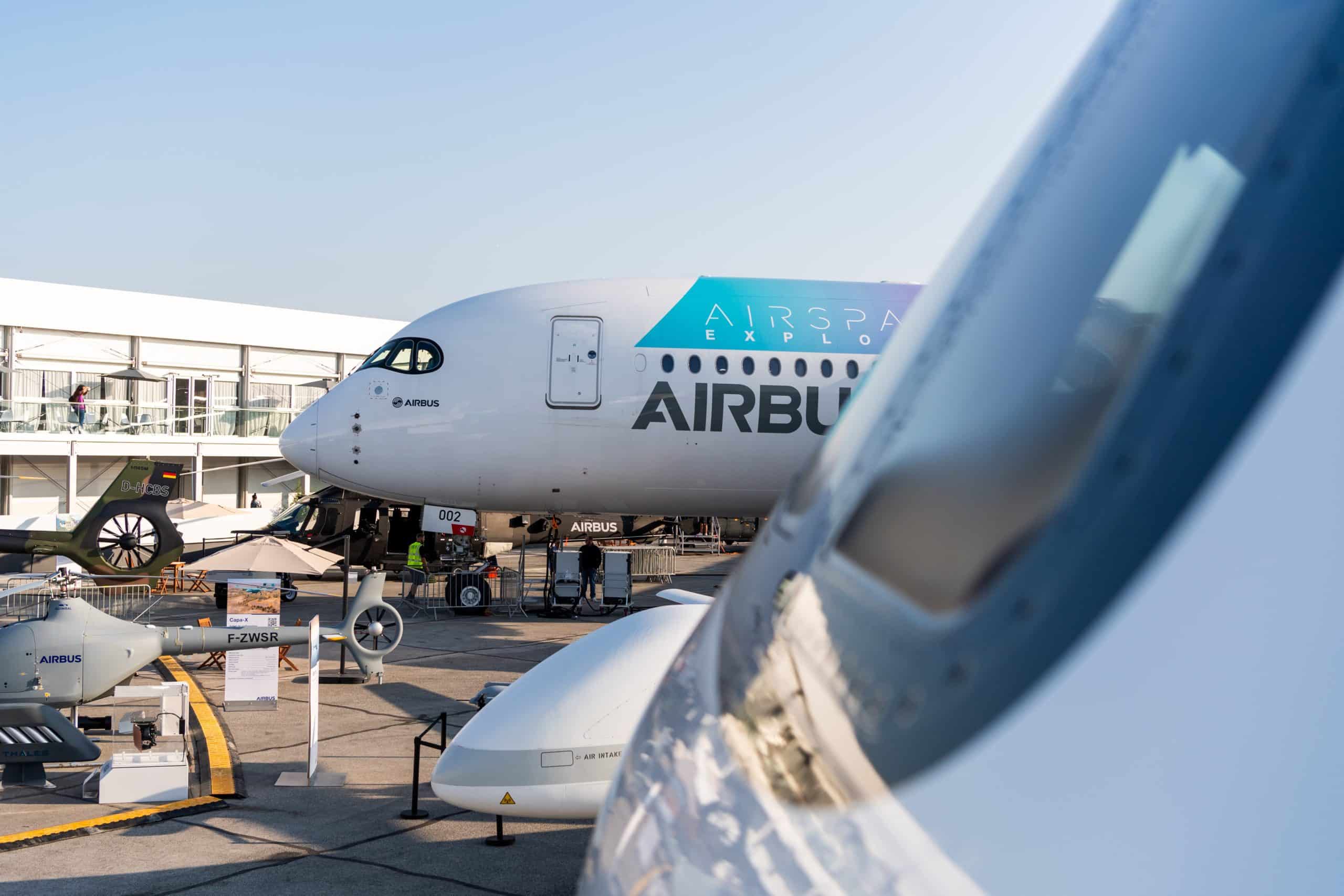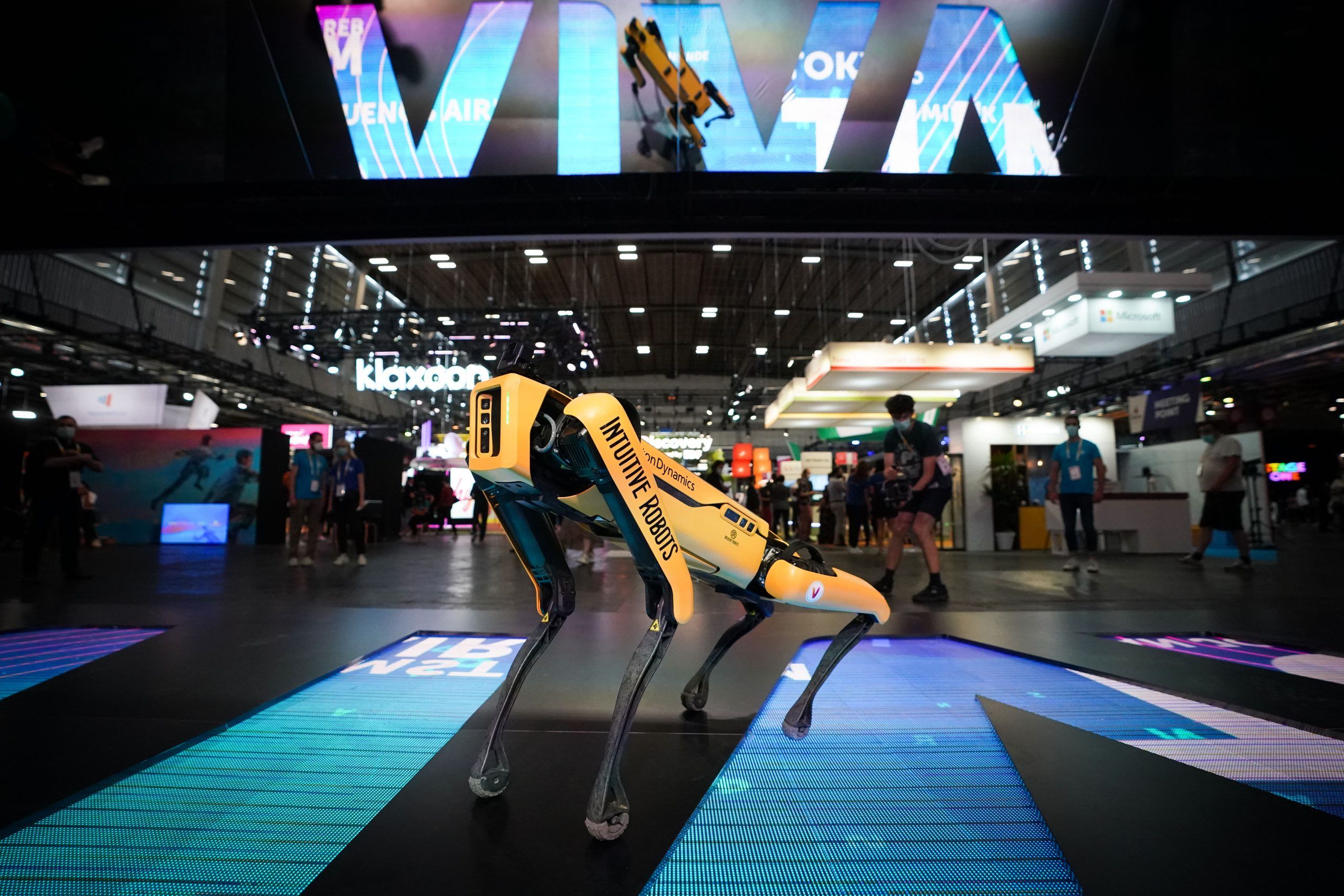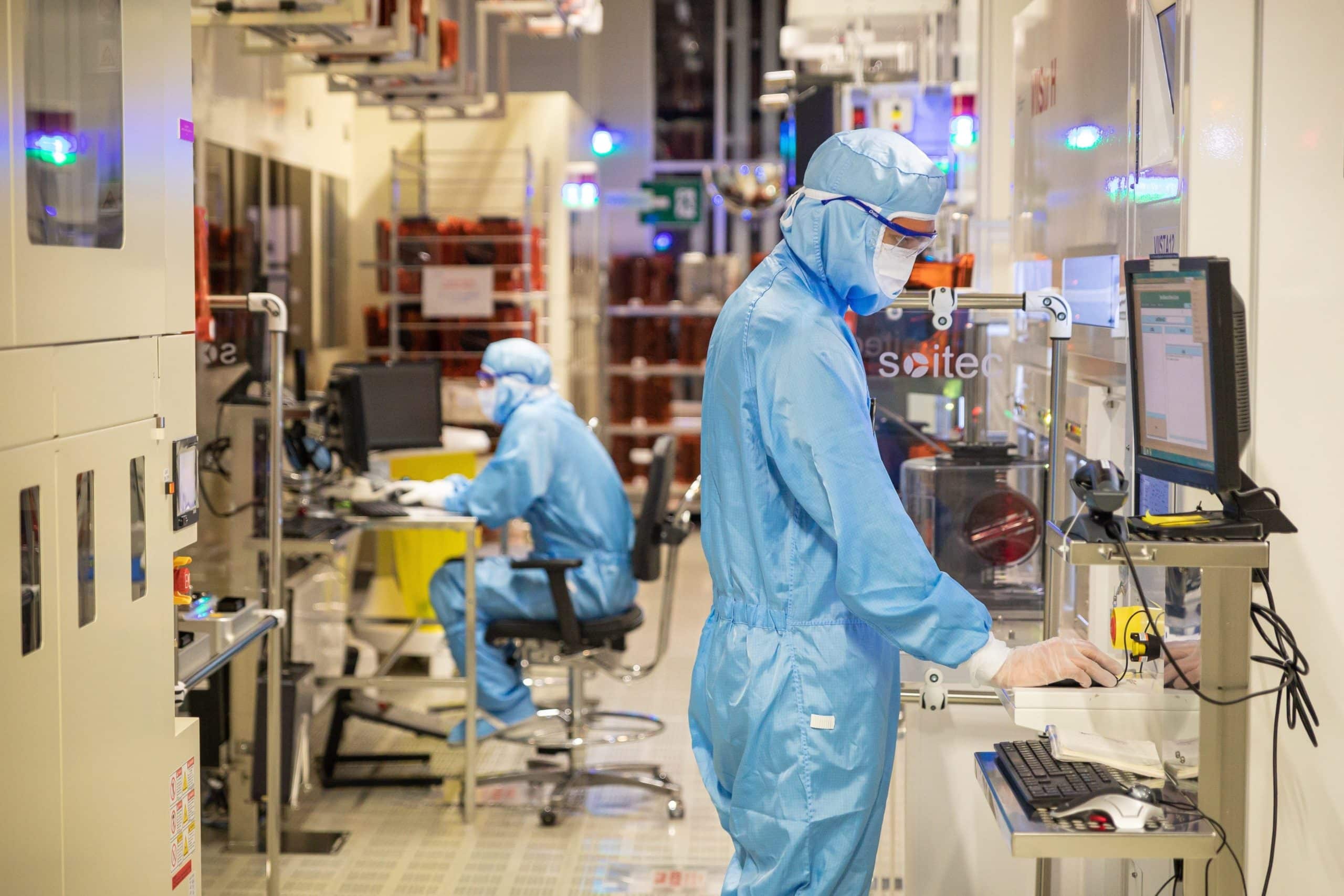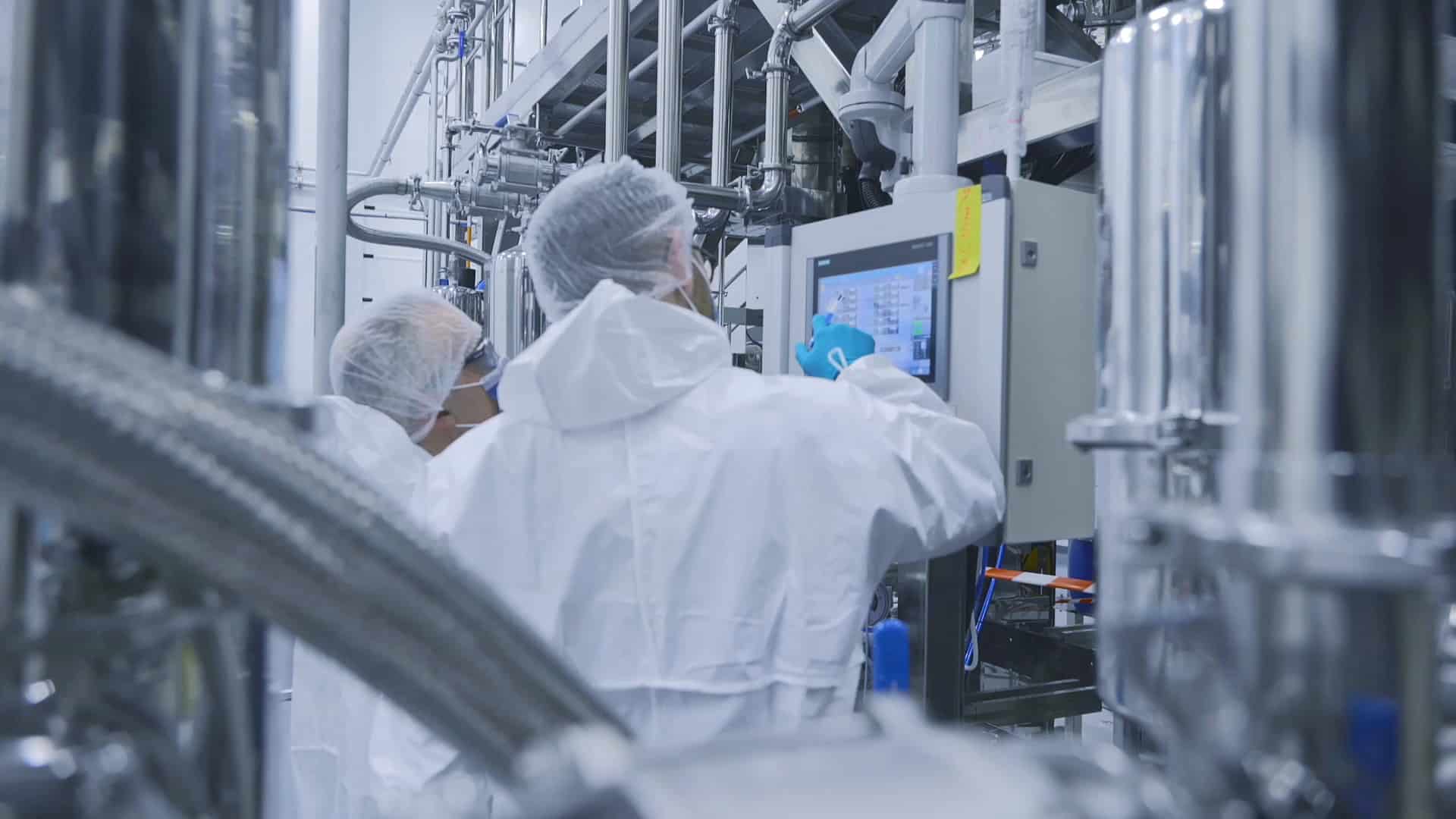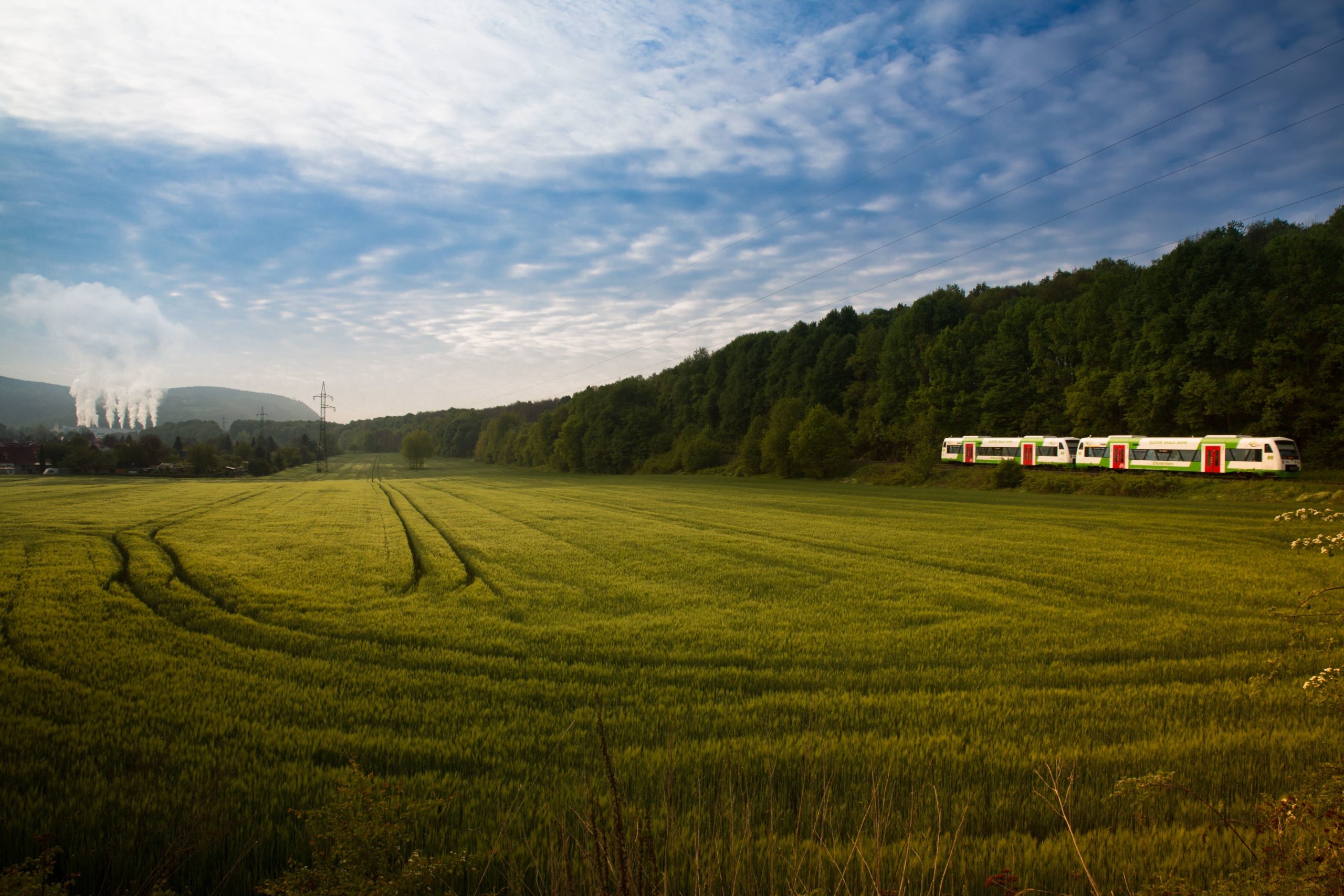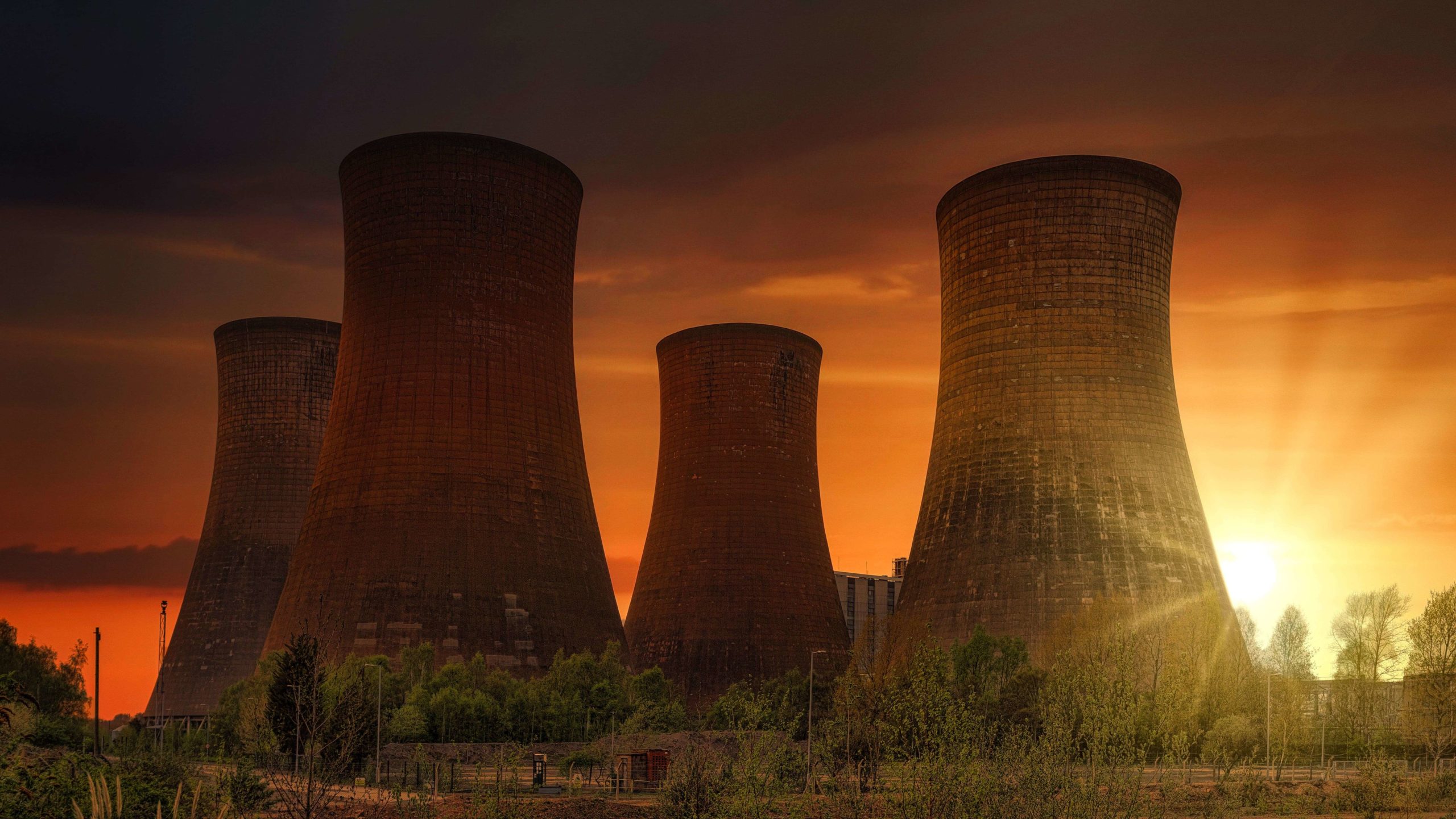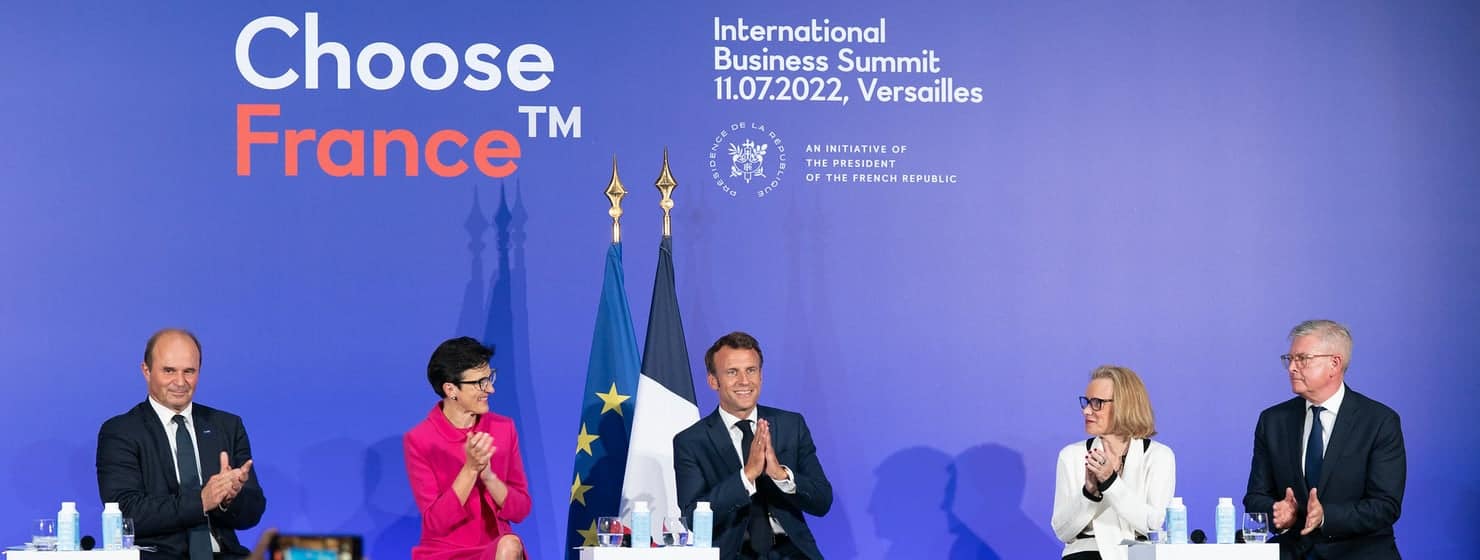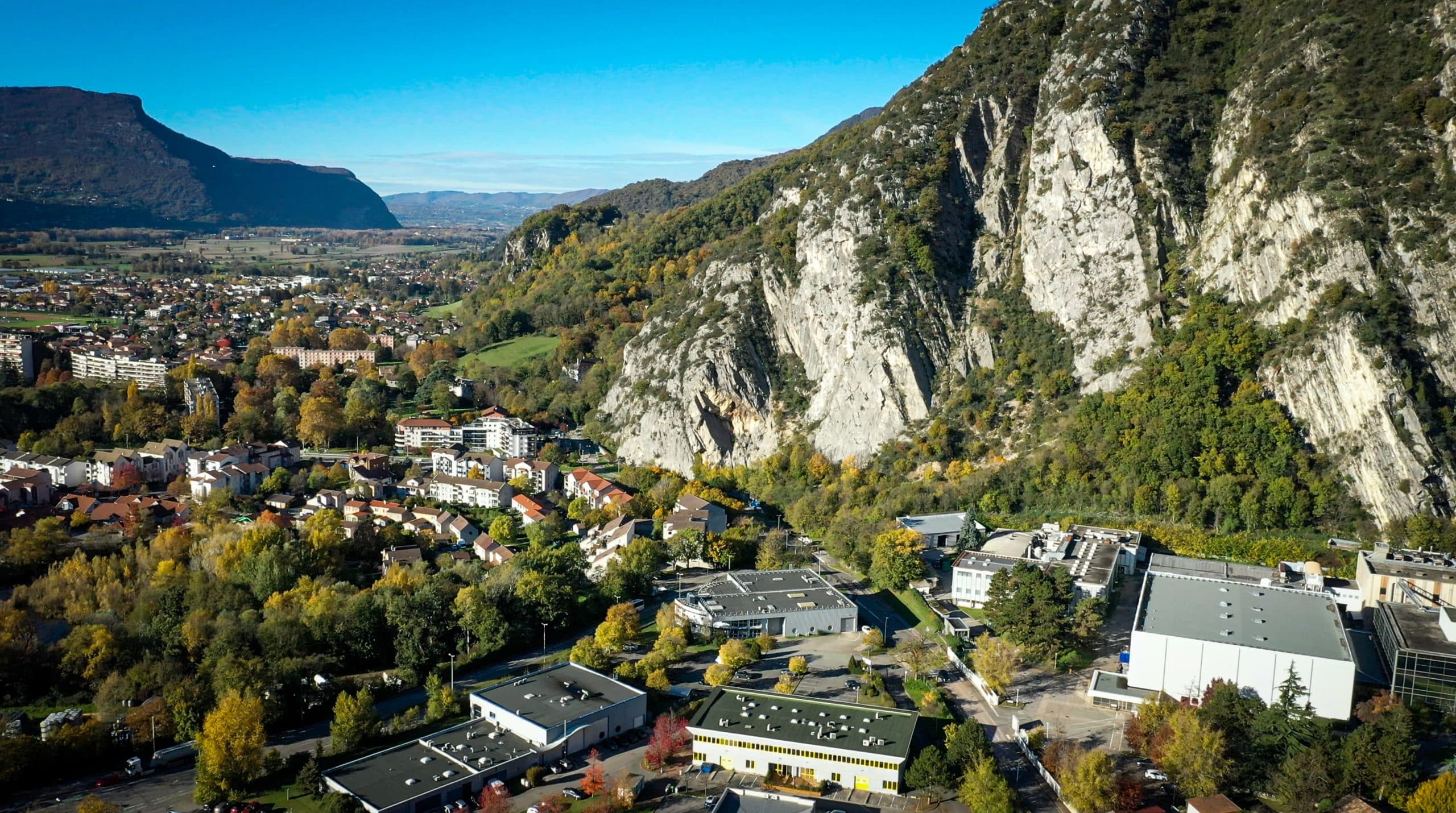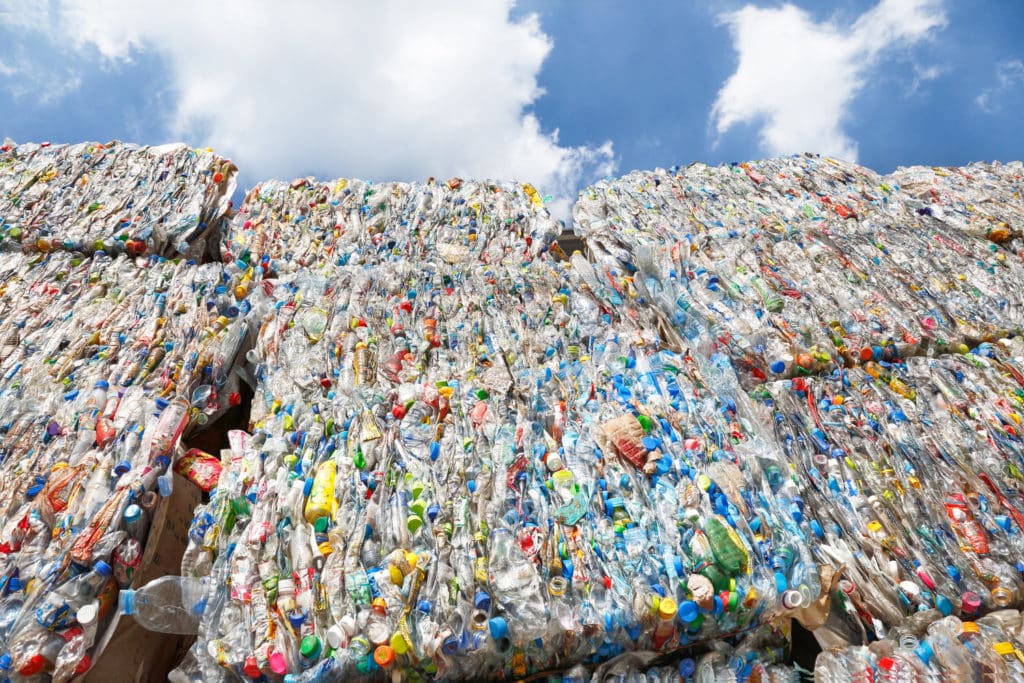
Recycling and waste treatment are essential parts of our economies as the world switches towards a less resource-intensive growth model. La French Fab is getting ahead.
With growing concerns about water scarcity and the increasing need to reuse and recycle natural resources, the wastewater treatment market is expected to boom from $48bn to $65bn in just five years, by 2024. Two French champions, Suez and Veolia, stand out among the key players in this field. Don’t be surprised: environmental services belong to these global industries where La French Fab counts. Our planet’s next challenge is to switch from a linear to a circular economy, i.e. a system where resources are repaired, reused and recycled to reduce waste and create a close-loop system. The corresponding potential is enormous: $1,800bn in net profits by 2030, according to the Ellen McArthur Foundation! Great news is that environmental concerns can lead to innovation and job creation – not least in France.
Paprec, a €1.5bn ($1.7bn) group which employs 8,500 employees in 210 sites, handles over a million ton of waste every year from various industries like food, chemicals, pharmacy or steel. It has released a new sorting line that works with optical sorting equipment. In the long term, artificial intelligence could be applied to optimize reverse logistics. “Industrial take-back systems allow companies to recover their material at the end of its life”, says Upcyclea, an AI-based startup located in Paris that facilitates the reuse of resources.
Chemical recycling is another promising field. La French Fab is working on new materials to reduce the environmental footprint of manufacturing and packaging. Innovative companies like Carbios (in France’s Centre region) develop depolymerization processes to break down plastic into raw materials.
France aims to recycle 100% of its plastic by 2025. To do so, its chemical industry can rely on a pool of 20,000 researchers. As Upcyclea states: “let’s make money instead of making waste!”
